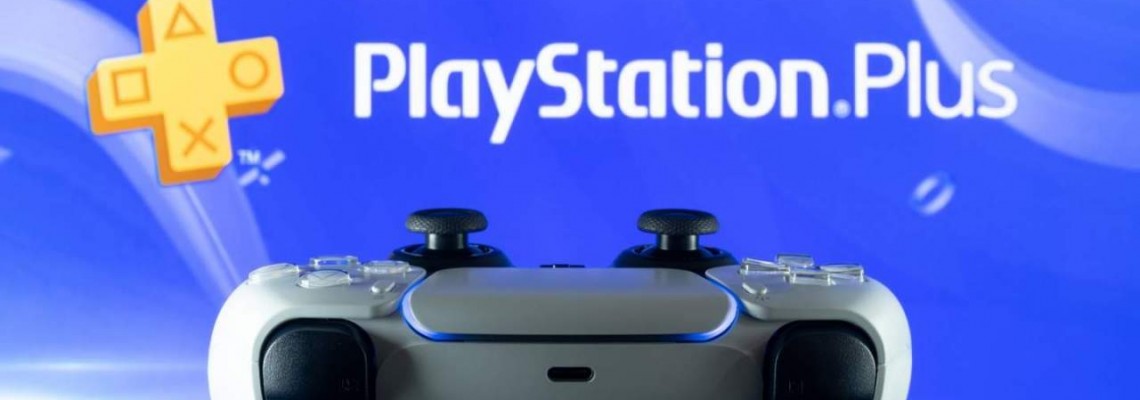

Sony’s PlayStation platform extends beyond the console itself, encompassing multiple services, including PlayStation Now (PS Now) and PlayStation Plus (PS Plus). Both of these services are optional and, because of the naming structure, it can be easy to mix them up. In reality, both are very different from each other, and there’s an easy way to quickly tell them apart.
Miguel Lagoa/Shutterstock
PlayStation Now

DANIEL CONSTANTE/Shutterstock
Though both PS Plus and PS Now are optional, it’s fair to say that PS Now is a bit more optional than its counterpart. Whereas a PS Plus subscription is necessary to access a core game feature (online multiplayer), PS Now is a separate platform that doesn’t have anything to do with playing the games you already own.
Instead, PS Now is a game streaming service sort of like Stadia, though limited to the PlayStation console. Paying subscribers are able to access a huge library of PlayStation games, including old favorites released for the PS2 – PS4, and stream them over the Internet. As such, PS Now enables immediate gameplay for games you don’t actually own, no downloads required.
The downside is that PS Now requires a very reliable and fast Internet connection, otherwise, you’ll run into issues with game quality (stuttering, buffering, etc.), as well as, potentially, times when you’re presented with an error warning the connection isn’t fast enough to stream at all. The service isn’t always reliable, either. I have, for example, been a subscriber for years, and though the experience has overall been great, there are times I’ve had to stop playing due to lag despite having a 200Mbps connection.
Fortunately, Sony offers a free trial period for those who’ve never previously signed up, giving all PlayStation console owners the chance to try the service out for themselves and make sure it works well with their Internet connection.
PlayStation Plus

DCStockPhotography/Shutterstock
PlayStation Plus, meanwhile, is arguably a “required” subscription even if it is technically optional. While you don’t have to pay for PS Plus, you won’t be able to play online multiplayer in most games — and that’s particularly problematic considering how many games require online services and revolve mostly or entirely around multiplayer experiences.
Some popular titles like Fortnite don’t require you to have a PS Plus subscription to play online, but other hits like Minecraft do. If you own a PlayStation console but primarily play games with free online multiplayer or single-player campaigns, you can get away with not signing up.
For everyone else, though, you’re going to need to pay for a PS Plus subscription to get the most use out of your console and games. Sony attempts to make this soft requirement a little more bearable by offering free games to PS Plus subscribers every month; these titles remain available to the customer as long as they remain a subscriber.
That’s not a terrible deal, depending on how often you play a variety of games versus focusing only on a few. Some months (like the upcoming January 2022 batch) have lackluster games, but other months bring surprises, including well-rated and high-quality titles. Past examples of this include games like Resident Evil 7 biohazard, Star Wars: Squadrons, Hitman 2, Final Fantasy 7, and others. Not every month is an exciting one, but when the good games do drop, they tend to make up for the subscription cost.





Leave a Comment